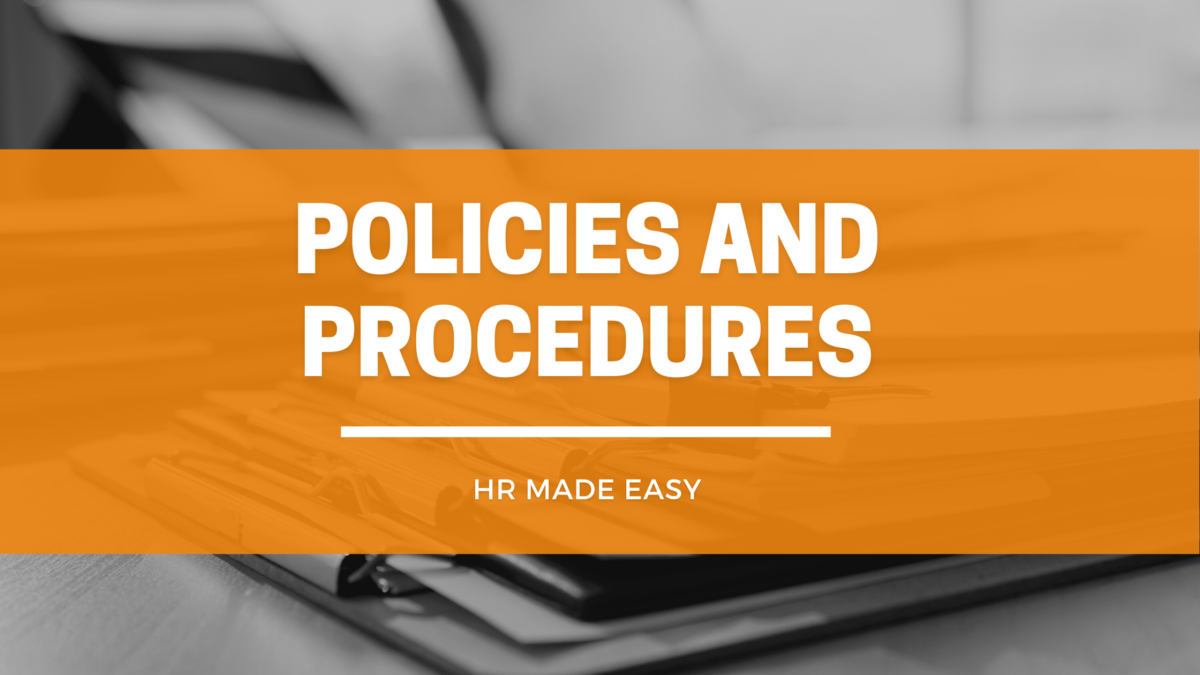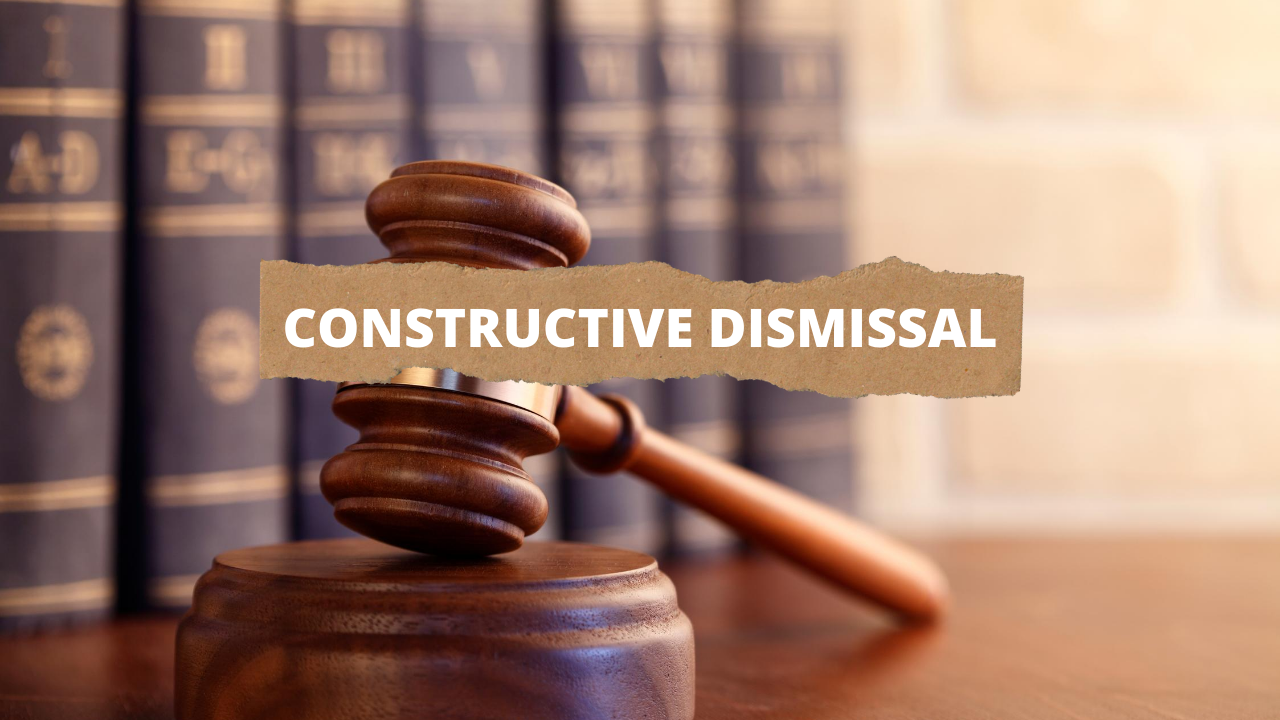Proper conduct and professional behaviour in the workplace is essential to ensure the efficient operation of a Company on a daily basis. Employers need to define unacceptable conduct so that employees can differentiate between appropriate and inappropriate behaviour/actions.

The repercussions for breach of the behavioural policies or rules within an organisation should be clarified for all employees as it is very important to make them aware that their actions can lead to the disciplinary procedures being invoked. In severe cases misconduct in the workplace can lead to dismissal.
There are two levels of misconduct – minor and gross.
Minor instances of misconduct should initially result in informal advice being given by the Manager without having to resort to disciplinary action – if this approach proves unsuccessful then leaning on the formal disciplinary procedure may be required.
- Examples of minor misconduct include:
- Persistent lateness or absenteeism
- Unsatisfactory standards of work or poor productivity
- Disruption of other employees
- Abusive language
- Unauthorised use of property or negligent damage/loss of property
- Failure to abide by Company dress code or Health and Safety procedures

Cases of gross misconduct are more serious than ordinary instances of poor conduct. Gross misconduct can call for immediate dismissal and the employer does not have to give notice or pay in lieu of notice in these grave circumstances.
Examples of gross misconduct include:
- Sleeping while on duty
- Sexual harassment
- Making false allegations of personal injury/accidents in the workplace
- Gross indecent or immoral behaviour, deliberate discrimination or serious acts of harassment
- Deliberate fraud – e.g. falsification of records in respect of the individual or another employee or deliberate misrepresentation
- Smoking in breach of the Company policy
- Endangering others through fighting/physical assault or abuse
- Incapacity at work due to the use of intoxicants or drugs
- Possession, supply or use of illicit drugs
- Deliberate failure to carry out instructions, deliberate damage to Company policy/deliberate poor work performance
- Breach of code of professional conduct
- Providing confidential Company information to competitors or unauthorised bodies
- Rudeness towards clients and objectionable behaviour – neglect of duties that could result in harm to clients
- The taking of any property/money owned by colleagues or the Company without authorisation
- Arriving to work under the influence of alcohol where carrying out duties may be hindered
- Unauthorised use of Company property, facilities, or resources. Selling, attempting to sell or promoting the sale of non-Company merchandise while on Company premises.
Employers must commit to treating all staff fairly and equitably and to helping employees to perform effectively. However, in order to protect the interests of the Company as well as the employees, there will be occasions where the need to invoke the Company’s disciplinary
procedure arises.
It is important for Companies to have a Labour Court approved Disciplinary Procedure in place so that employees know what to expect in instances of discipline. The steps in a disciplinary
policy should be followed closely, however, during the probationary period or where gross misconduct has occurred progressive steps can be skipped. Cases must be treated consistently and fairly. Employees engaged in disciplinary proceedings should be given ample opportunity to provide their version of events and extenuating circumstances should be taken into account (if any exist).
Cases must be thoroughly investigated, discrimination must be avoided and procedure should be adhered to including carrying out disciplinary meetings and allowing the employee to be
accompanied by a colleague.












Cases of gross misconduct are more serious than ordinary instances of poor conduct. Gross misconduct can call for immediate dismissal and the employer does not have to give notice or pay in lieu of notice in these grave circumstances.
Examples of gross misconduct include:
Cases of gross misconduct are more serious than ordinary instances of poor conduct. Gross misconduct can call for immediate dismissal and the employer does not have to give notice or pay in lieu of notice in these grave circumstances.
Examples of gross misconduct include:


